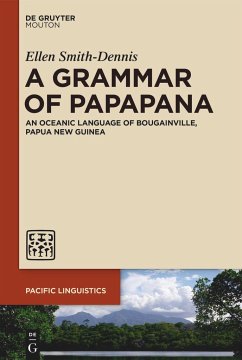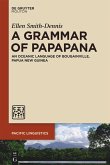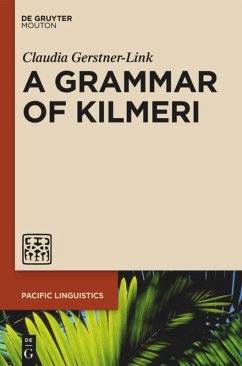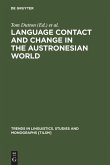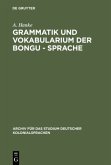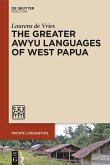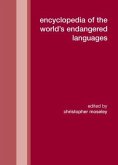This monograph is not only the first comprehensive grammar of Papapana (a previously undocumented and under-described endangered language) but the first full reference grammar of any Oceanic language of Bougainville, Papua New Guinea, despite this region displaying considerable linguistic innovation and language contact phenomena with numerous typologically significant features. This book describes Papapana on various levels, including phonology, morphology and syntax in noun phrases and the verb complex, and syntax at the clause- and sentence-level. Throughout the grammar, the described phenomena are related to the current research on typological and Oceanic linguistics. Typologically unusual features of Papapana include multiple reduplication, inverse-number marking in the noun phrase and postverbal subject-indexing. The book also describes the sociolinguistic and historical context within which Papapana is spoken and highlights linguistic changes resulting from language contact. The monograph fills an important gap in terms of grammatical descriptions of Bougainville Oceanic languages, and makes a significant contribution to the field of Oceanic linguistics, and to future comparative linguistic and typological research.
Hinweis: Dieser Artikel kann nur an eine deutsche Lieferadresse ausgeliefert werden.
Hinweis: Dieser Artikel kann nur an eine deutsche Lieferadresse ausgeliefert werden.

